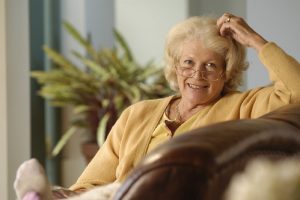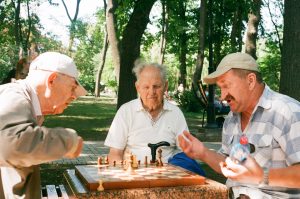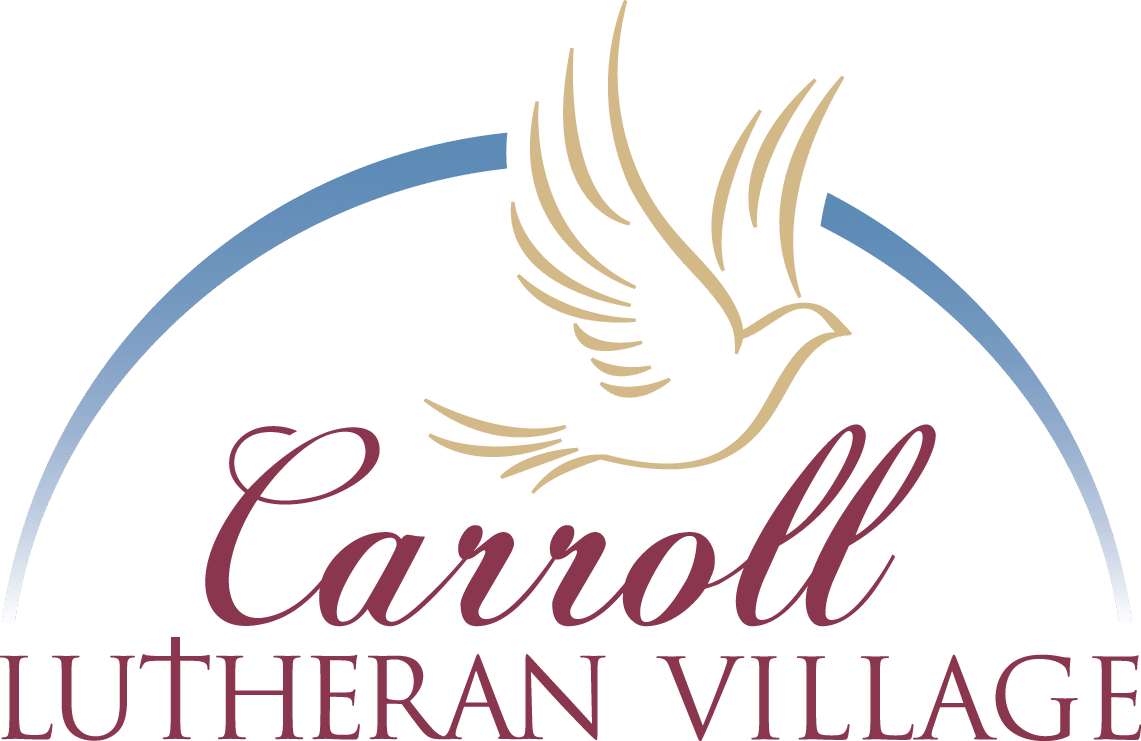Learn the effects of COVID-19 regulations on older adults and actions they can take for a smoother transition back to normal.
Within my own family, I have witnessed the struggles older adults have experienced because of the COVID regulations and risks to their health, so I want to share information on transitioning from the COVID routine to maintaining overall wellness.
Our retirement community has worked hard over the past few months to keep everyone safe. As a result of our high vaccination rates, 98% of residents and 91% of team members, and the low positive case rates in the county and state, our community has been able to lift pandemic restrictions and start adjusting to normal routines.
Post Pandemic Reality
The pandemic environment dramatically changed everyone’s daily routine, including how we socialized, worked and enjoyed leisure activities. Isolation and decreased activities can have adverse effects on older adults, and adjusting out of the COVID-19 routine may present physical, emotional and cognitive concerns and challenges, which may need addressing.
 The Challenges
The Challenges
The pandemic enforced regulations that brought on isolation and increased physical and mental health risks in older adults. Decreased physical activity and increased sedentary activity imposes threats to physical health.
- Body systems can be negatively impacted by a routine change.
- Underlying chronic conditions may become exasperated with sudden increase of activity.
- Previous conditions may worsen and new conditions may arise.
- Naturally aging thinning skin can worsen with more sedentary activities of sitting or lying down.
Older adults are at risk of mental health decline. Not being able to leave the home and see or hear as much as they did may cause visual or auditory deficits due to a lack of exercising these functions. Reducing reading activity can lead to cognitive and memory decline.
Those who suffered from COVID-19 may experience long-term effects of damaged vocal cords or throat, including the ability to swallow.
The Road to Recovery
Addressing health related issues are important to overall wellbeing and can help address muscle weakness, poor nutrition, disrupted sleep, anxiety, social isolation and more for a smoother transition into a new daily routine. Now may be good time to reconsider patterns and routines as regulations are being lifted.
Start slow and be consistent with exercising.
- Set Realistic Goals
Overdoing it may lead to an injury or discouragement to getting back to a normal routine. Reestablishing exercise routines will come with consistency. Daily and weekly structure helps create a steady path to recovery. - Begin with Simple Exercises
Start with movements that focus on getting out of bed, personal hygiene, meal preparation and getting dressed. Something as simple as walking or using a fitness center with trainers may help.
Return to normal by fueling your body.
A balanced diet that includes an adequate amount of protein provides the necessary nutrition to reach realistic health goals.
Reconnect with others and activities.
Meet up with friends and family, whether it be for a meal or a walk. Pursue hobbies and participate in community activities, events and clubs.
Schedule a wellness prevention screening.
Before transitioning to a new routine, older adults should consult with their primary care physician, especially those who suffer from a medical condition flare up. There is a thin line between too much and too little. Medical professionals are the best resource especially those who know their patients’ medical history and pre-pandemic condition.
Where to Start
We are here to help you get back to living your best life. We provide rehabilitation services (i.e. physical, occupational and speech therapy) to our residents and residents in surrounding communities. Carroll Lutheran Village residents can also access psychotherapy and pastoral services in the community.
Everyone will adapt differently to previous routines and in person contact. We are here to help.
About the Author
Michael Winebrennar is the Rehabilitation Director at Carroll Lutheran Village. He has a doctorate in physical therapy and a masters in business administration.
